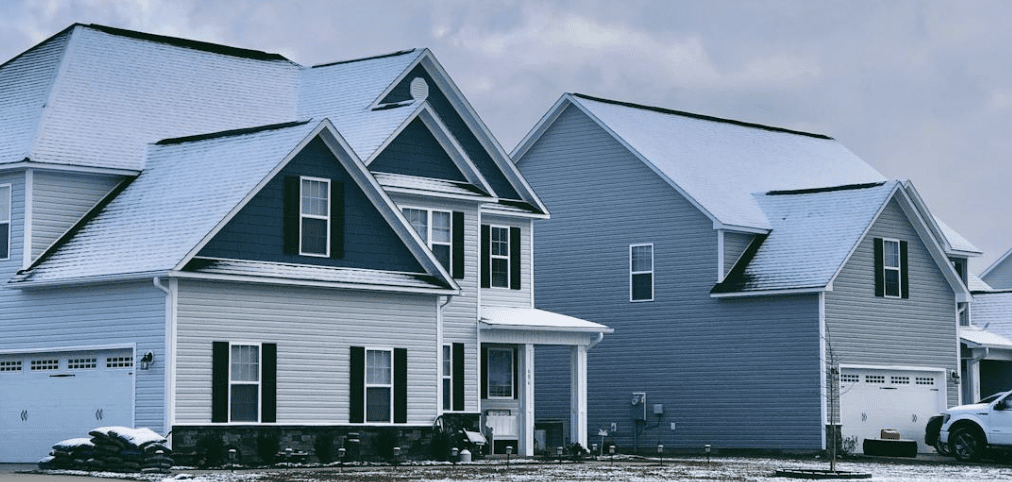Tips to Make Buying a Second Home Easier
Tips to Make Buying a Second Home Easier
Blog Article
What You Need to Know Before Buying a Second Home
Buying a second home has changed into a popular financial and life style selection for many. Whether you're contemplating a vacation vacation or perhaps a buying a second home and renting the first, getting an additional home comes using its possess set of challenges and considerations. Under, we break down important facets to weigh before causeing the substantial investment.

1. Realize the Economic Responsibility
Owning a 2nd home suggests increasing on expenses such as for instance mortgage funds, home fees, preservation, and insurance. Based on the National Association of Realtors, 72% of second-home consumers money their buy with a mortgage. This means you'll need certainly to budget for another pair of ongoing costs. Additionally, lenders often require larger down obligations (commonly 20-30%) and cost higher fascination rates for next mortgages to mitigate risk.
It's also advisable to element in concealed charges like preservation and repairs, that may average 1-4% of the property's value annually, depending on the place and age of the home. If your second home is located in a high-demand holiday area, opting for property administration companies could more increase expenses but also simplify hiring out your property.
2. Think about the Area Logically
The location of your next home can considerably influence their long-term price and utility. Important factors to think about include local real estate market tendencies and house gratitude rates. Zillow Research shows that properties in coastal areas have a tendency to enjoy by an average of 4.1% annually, larger compared to national development of 3.8%. However, periodic adjustments, distance to amenities, and convenience will also perform essential roles in your decision.
If you're purchasing the home as a vacation home, assess how usually you'll really visit, particularly when vacation could become inconvenient or costly. Meanwhile, if you're investing in a hire home, research vacancy prices and rental need in the area. For example, Airbnb knowledge highlights that qualities in downtown locations have lower vacancy charges than rural vacation rentals.
3. Duty Implications Can't Be Ignored
Buying an additional home introduces more complicated tax scenarios. An additional home labeled as a personal home suggests you can however withhold mortgage curiosity and property taxes within IRS-defined limits. Nevertheless, letting it out for more than 14 times a year adjustments it in to an expense home, requesting you to pay taxes on hire revenue while letting detailed price write-offs. Visiting a duty advisor to make certain optimal processing is a must when you close the deal.
4. Plan for the Long-Term

While investing in a next home presents you options for hire money and particular pleasure, contemplate its broader function in aligning with your economic goals. Analyze if it would have been a sustainable choice over time. Could it be a pension escape? An income-generating home? Or equally? Having understanding on these goals can permit you to produce educated conclusions regarding their consumption and profitability.
By carefully considering your economic position, industry trends, and long-term needs, you are able to mitigate risks and maximize the benefits of running a next home. Take some time to research, consult experts, and ensure you produce a really noise investment. Report this page